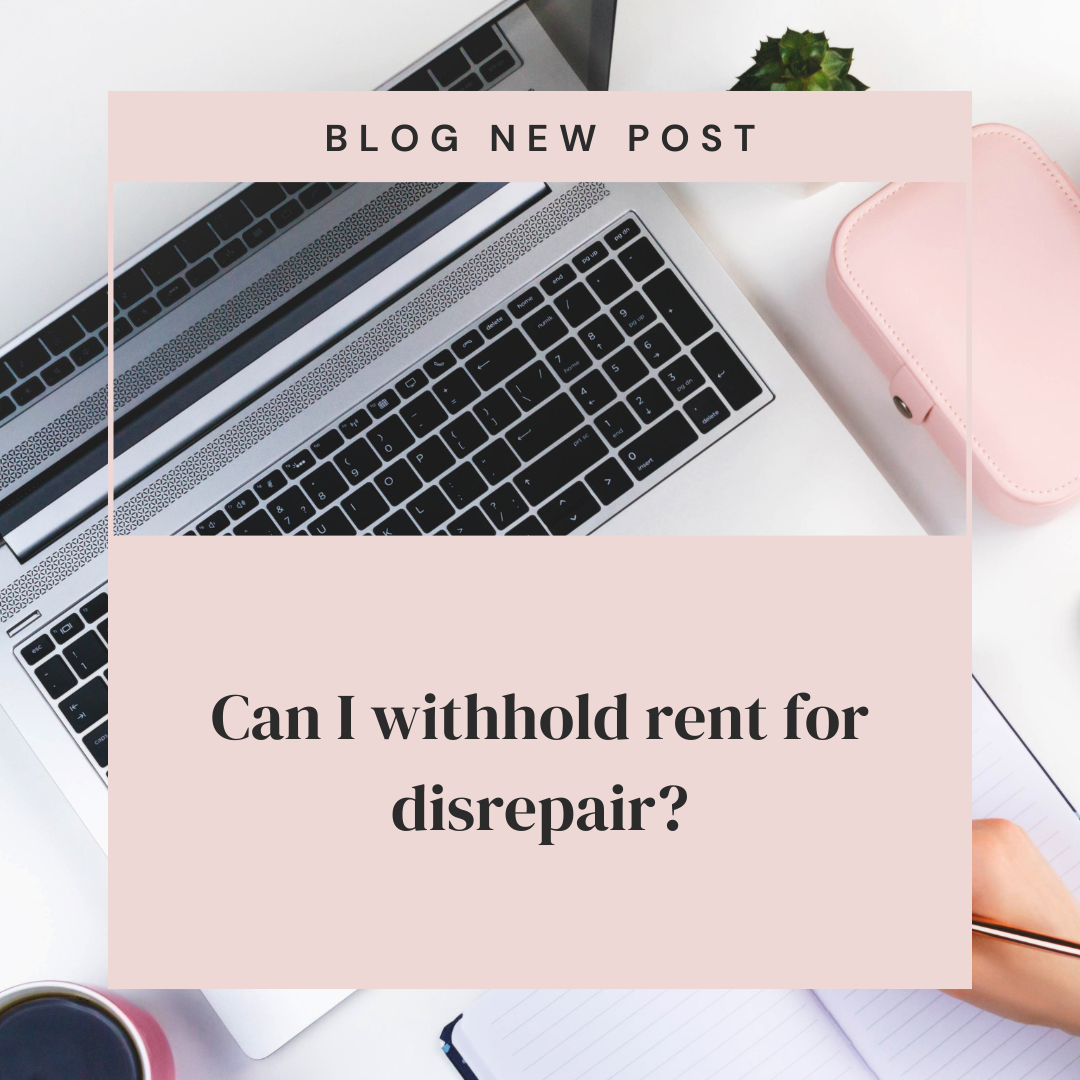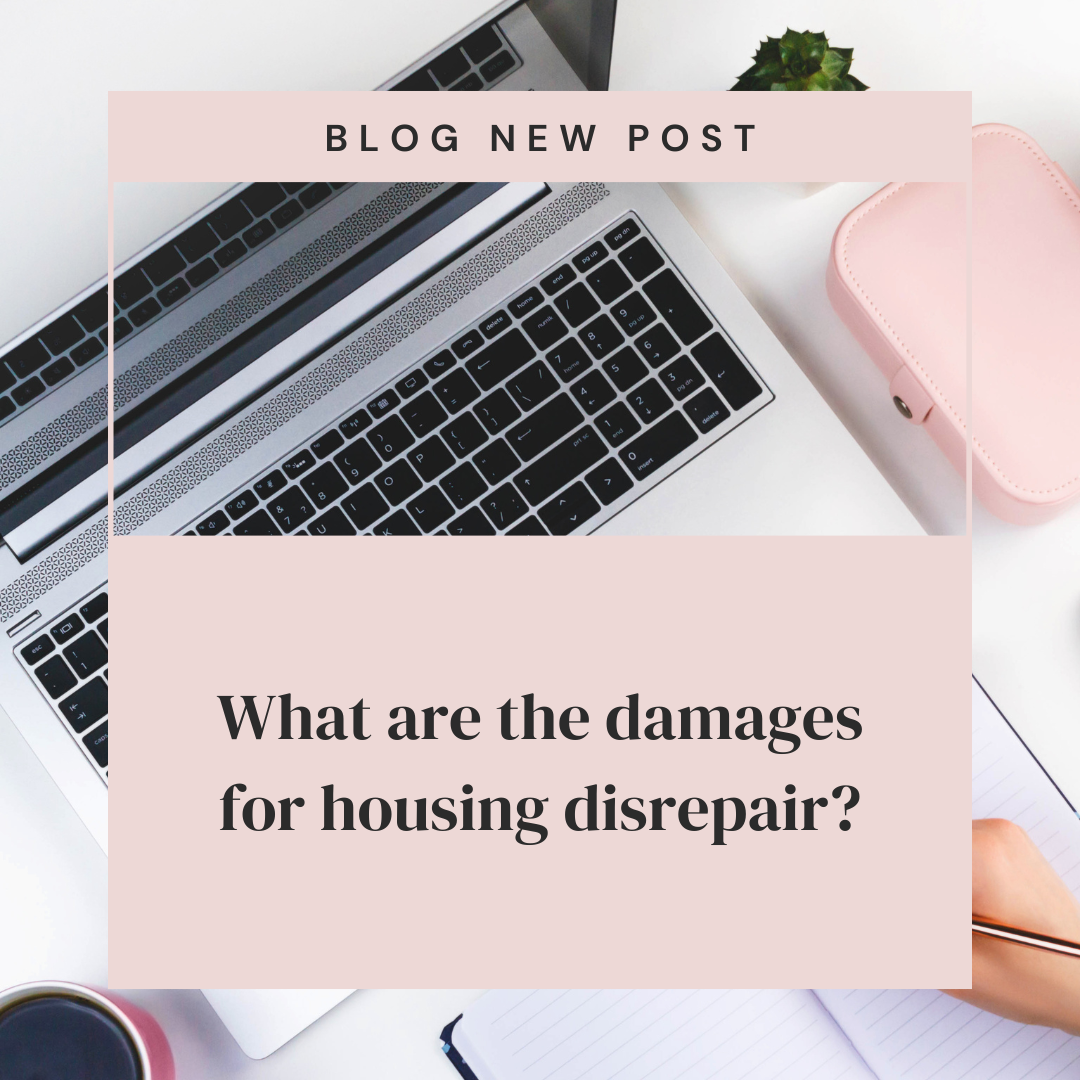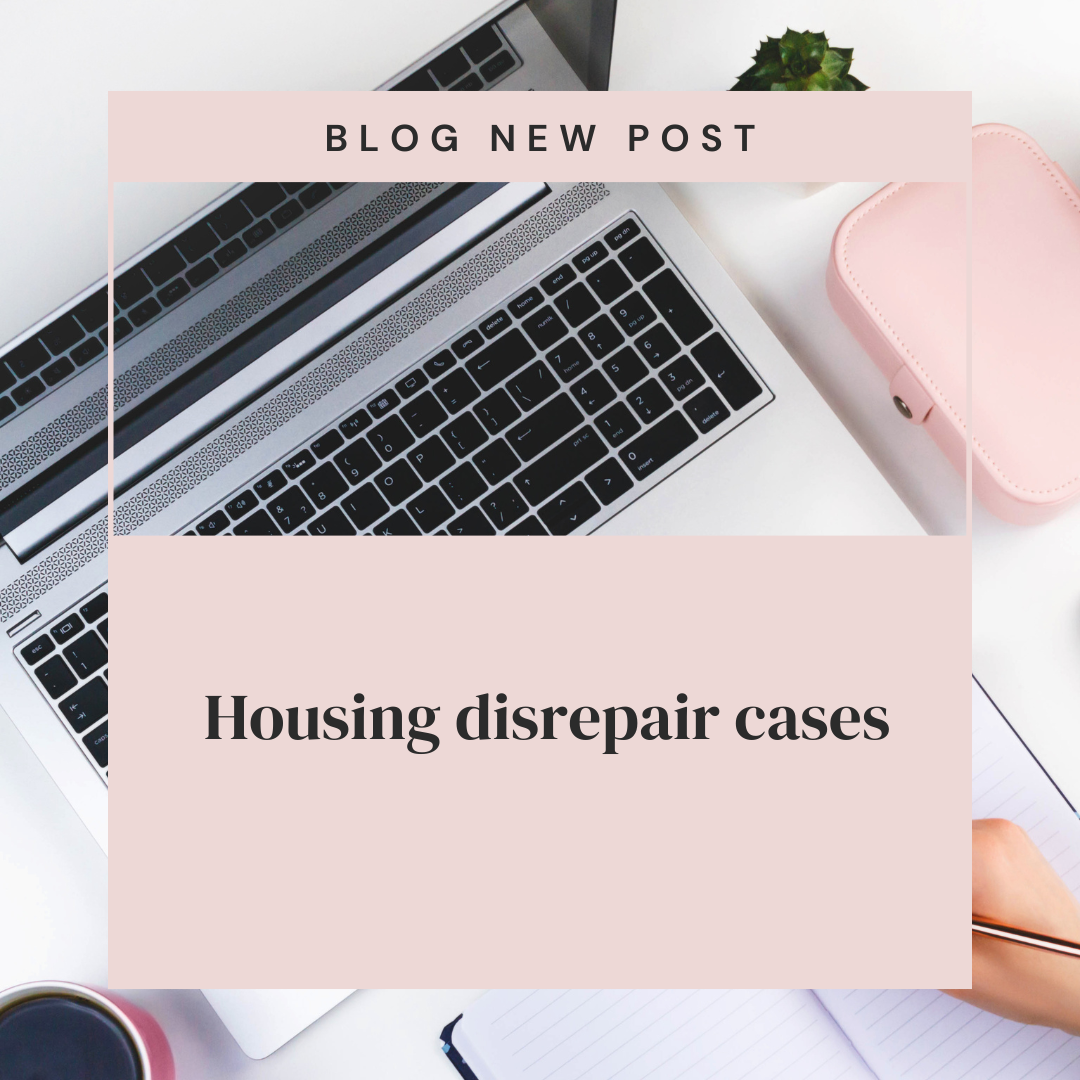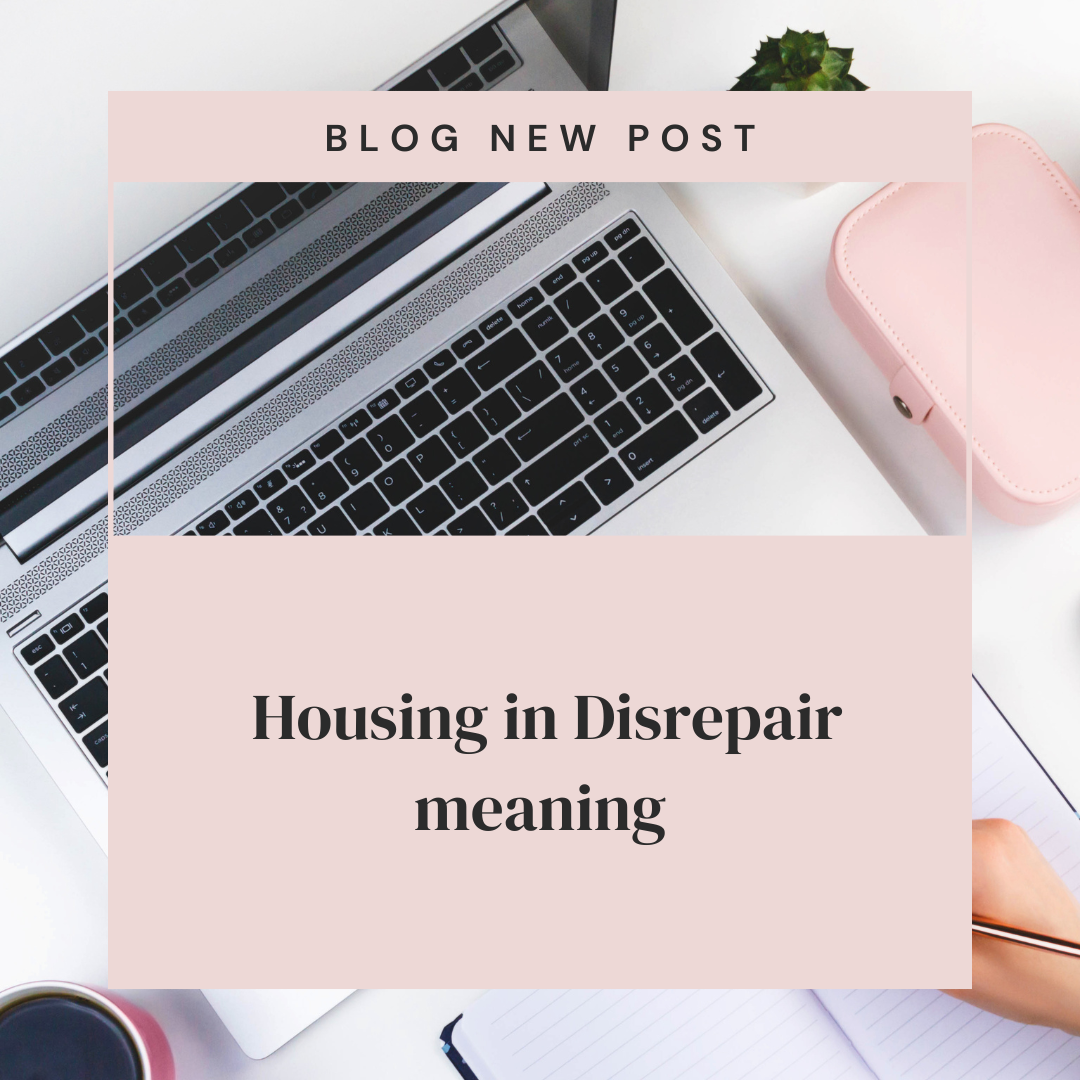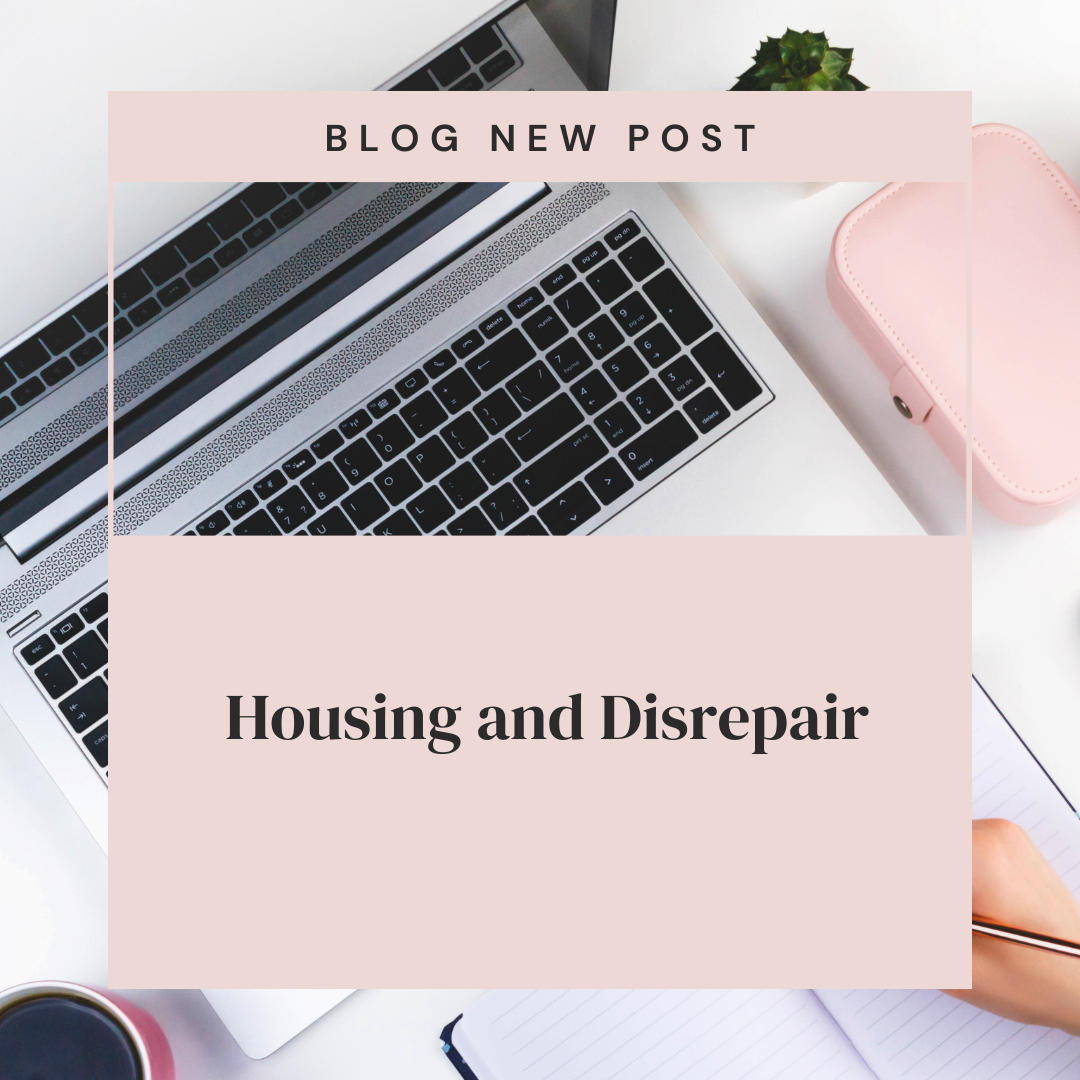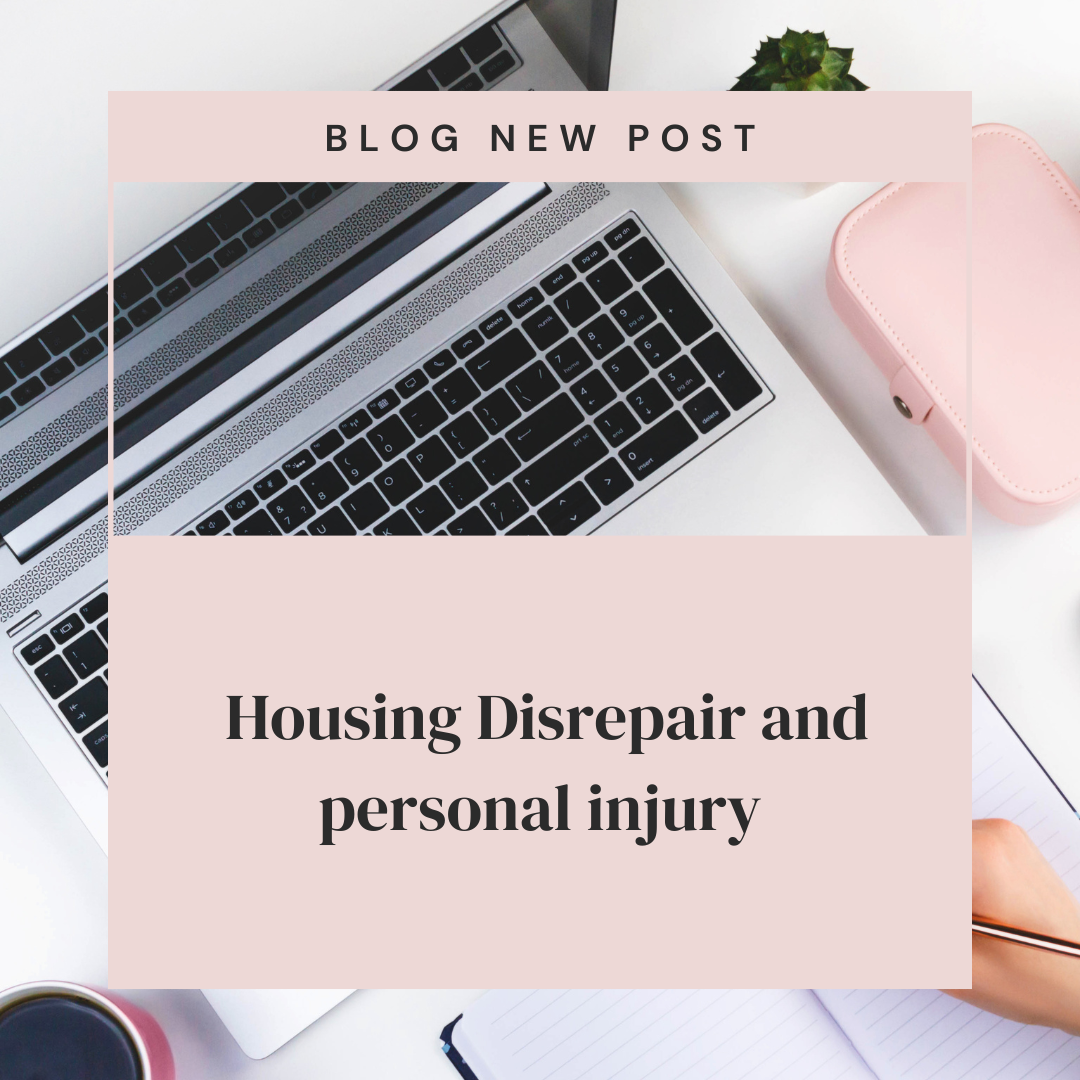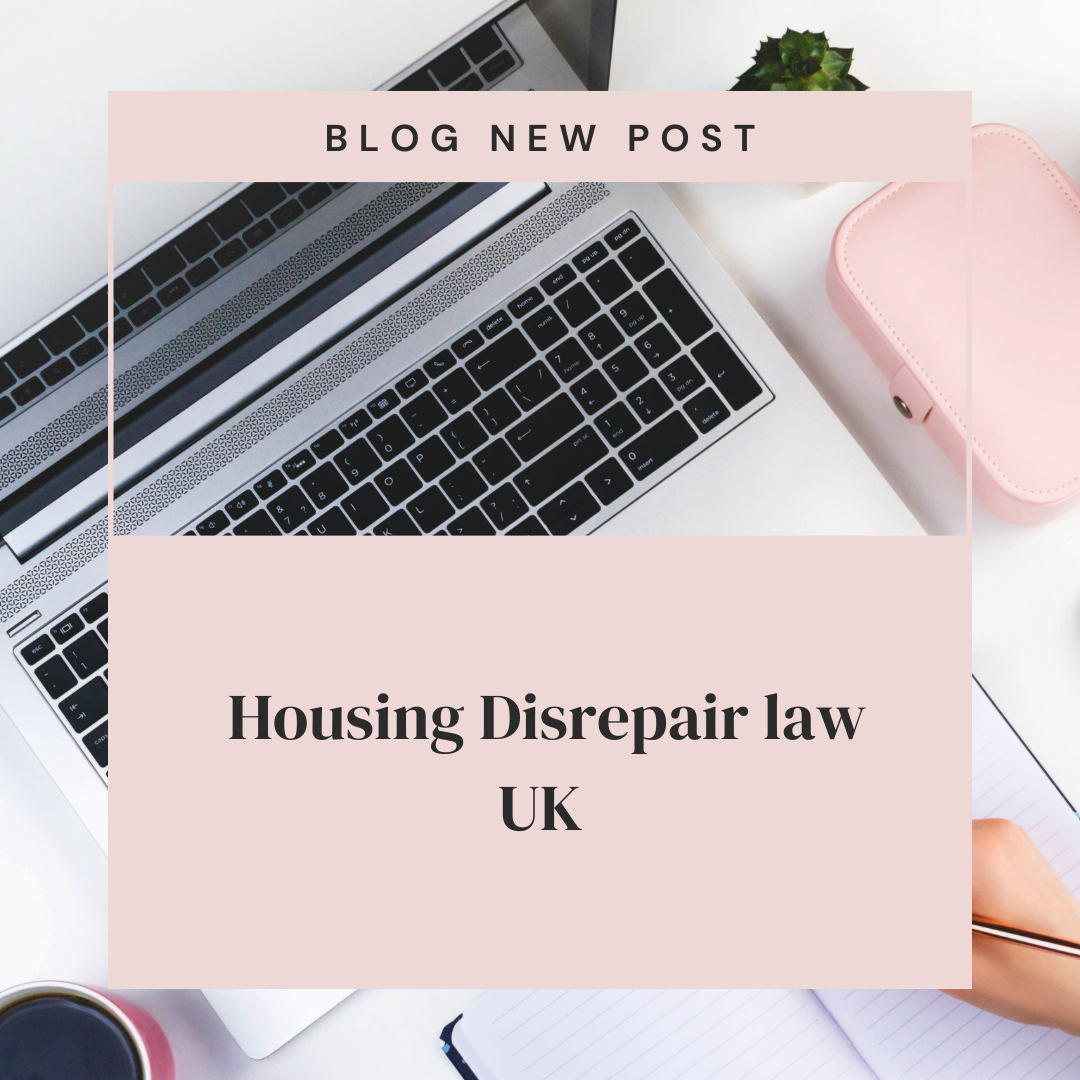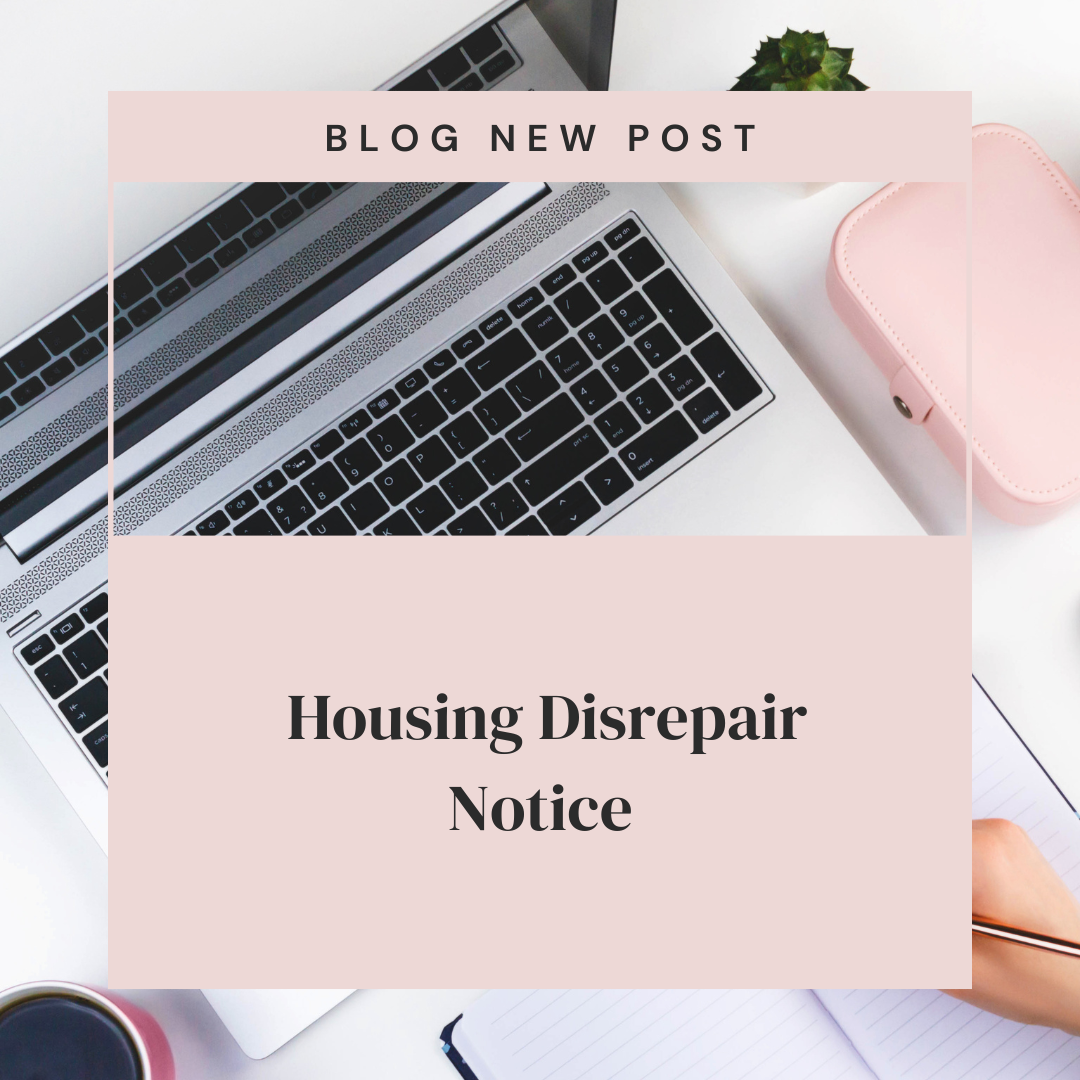Can I withhold rent for disrepair?
Introduction
As a tenant, you have the right to live in a property that is in good repair. This means that your landlord must fix any problems with the property that make it uninhabitable or dangerous. If your landlord fails to do this, you may be able to withhold rent or take other legal action.
When can I withhold rent for disrepair?
You can only withhold rent for disrepair if the repairs are your landlord’s responsibility and the landlord has failed to fix the problem within a reasonable time after being notified of it. You should always check your tenancy agreement to see what repairs your landlord is responsible for.
Some examples of repairs that your landlord is usually responsible for include:
- Fixing a broken boiler or heating system
- Repairing a leaking roof or gutters
- Fixing broken electrical wiring or appliances
- Repairing damp and mold
- Repairing structural problems with the property
How do I withhold rent for disrepair?
If you need to withhold rent for disrepair, you should follow these steps:
- Write to your landlord in writing, listing the repairs that need to be done.
- Give your landlord a reasonable time to fix the problems. This will vary depending on the severity of the problem. For example, if you have no heating or hot water, you may only need to give your landlord a few days to fix the problem. However, if the property has structural problems, it may take your landlord longer to fix the problem.
- If your landlord does not fix the problems within a reasonable time, you can withhold rent. However, you should only withhold the amount of rent that is necessary to cover the cost of the repairs.
What are the risks of withholding rent?
Withholding rent is a serious step and should only be done as a last resort. If you withhold rent, your landlord may take legal action against you to evict you from the property.
However, if you have followed the steps above and your landlord is still refusing to fix the problems, you may be able to defend yourself in court. It is important to seek legal advice before withholding rent.
Alternatives to withholding rent
If you do not want to withhold rent, there are other things you can do to try to get your landlord to fix the problems. For example, you could:
- Contact your local council’s housing department. They may be able to help you resolve the dispute with your landlord.
- Apply for a rent reduction from the Rent Service. This is an independent body that can rule on whether your rent is too high because of the condition of the property.
- Take your landlord to court. This is a last resort, but it may be necessary if your landlord is still refusing to fix the problems.
Conclusion
If you are considering withholding rent for disrepair, it is important to seek legal advice first. Withholding rent is a serious step and should only be done as a last resort. There are other things you can do to try to get your landlord to fix the problems, such as contacting your local council’s housing department or applying for a rent reduction from the Rent Service.
Important links
Housing Disrepair Advice: https://housingdisrepairadvice.org/contact
Housing Ombudsman: https://www.housing-ombudsman.org.uk/
